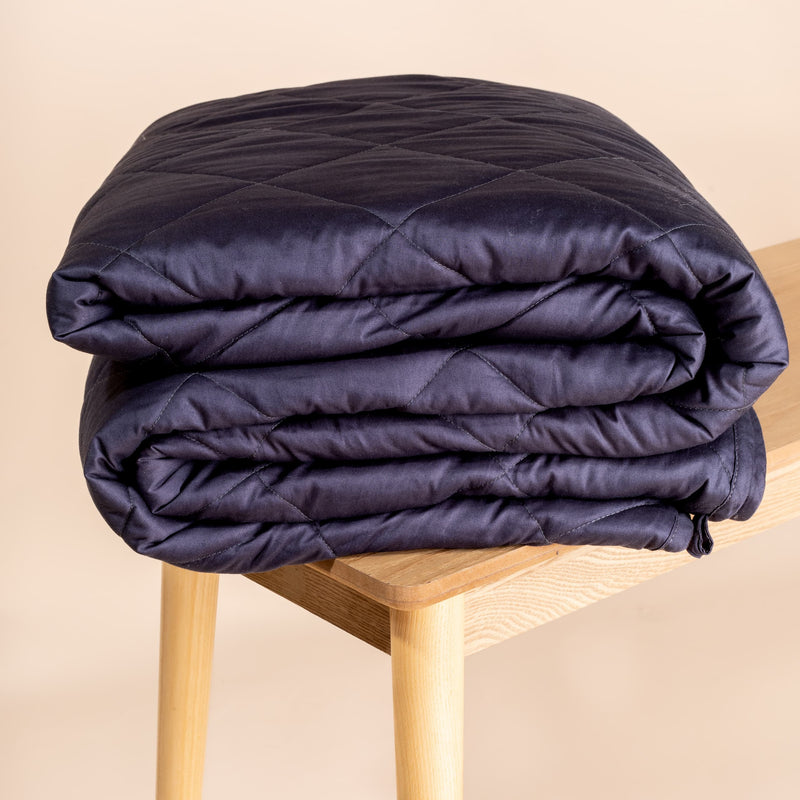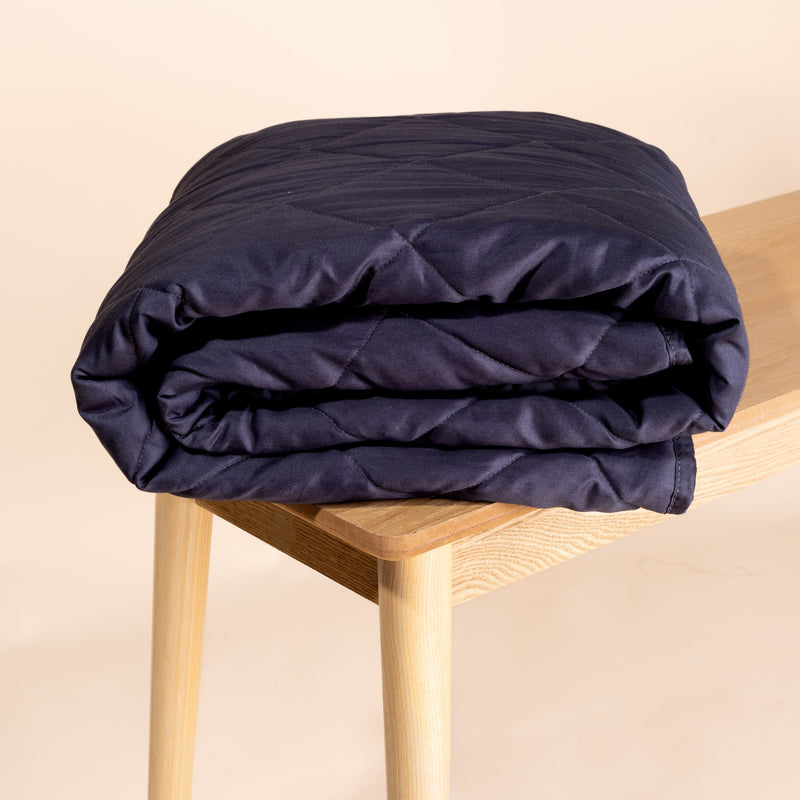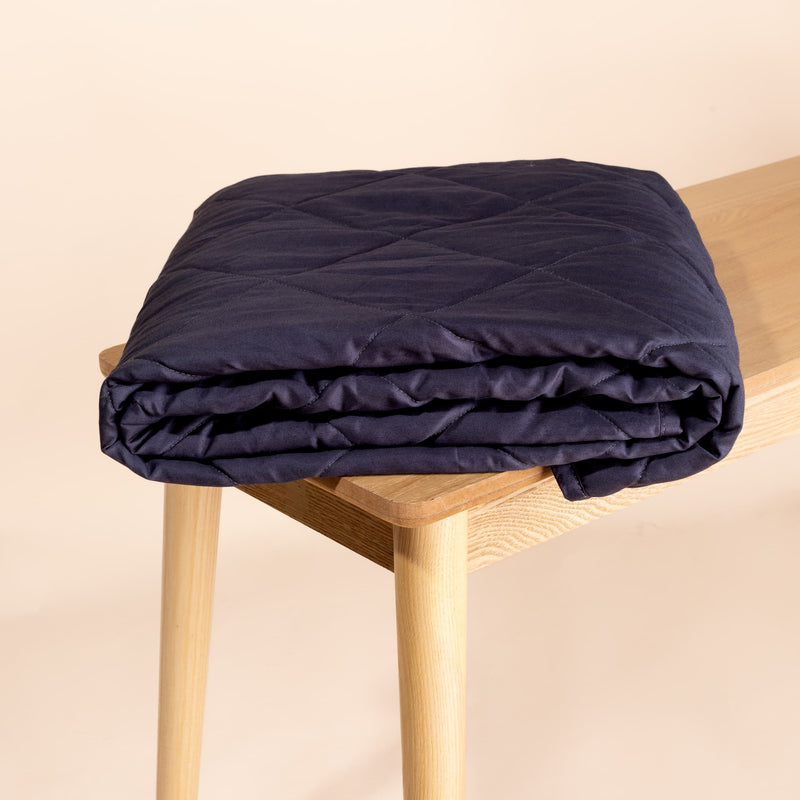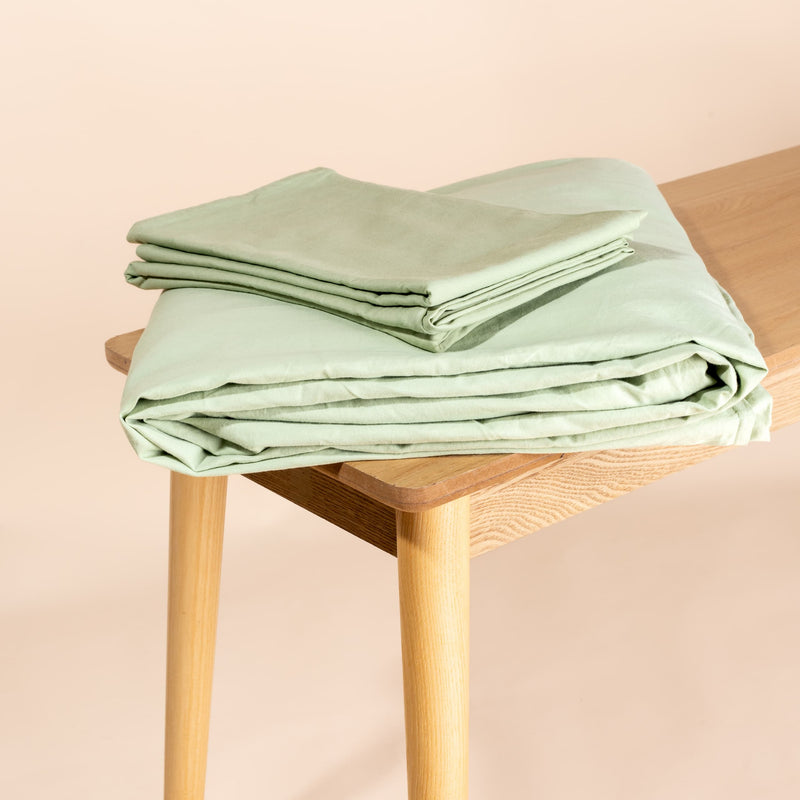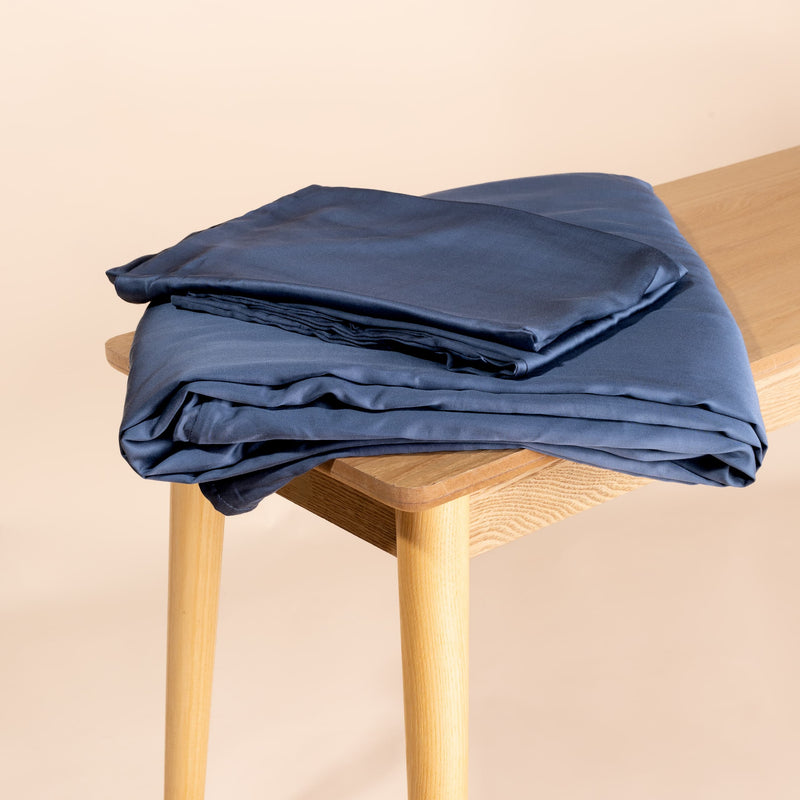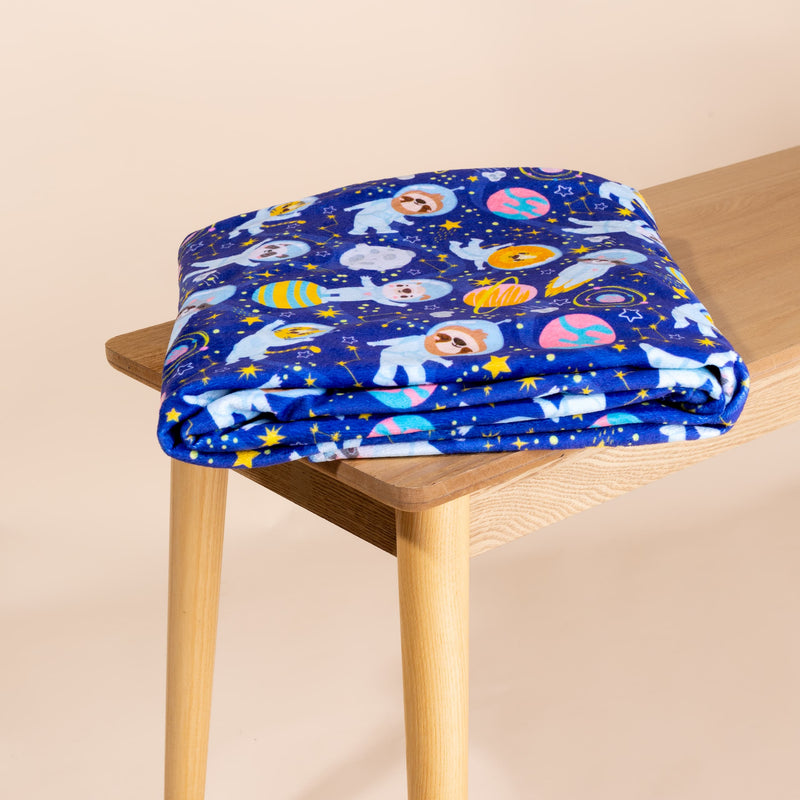De verzwaringsdeken is heerlijk en geeft me een betere nachtrust dan wanneer ik zonder slaap. De hoes erbij is top, het blijft goed op z'n plaats en voor de hygiëne is het heel handig. Als er meer keus in hoezen zou zijn (qua kleuren en stoffen) en de hoezen betaalbaarder waren, dan had ik 5 sterren gegeven.
Hi Rowena,
Dank voor je review en je feedback! Dat waardeer ik enorm. Ik sta graag open voor nieuwe ideeën, dus ik stuur je even een mailtje om te kijken of je suggesties hebt voor onze hoezen.
- Koen
De verzwaringsdeken is fantastisch. Ik heb autisme en val moeilijk in slaap door piekeren en slaap vaak licht. Deze deken is als een veilig gevoel over je heen trekken. Ik moest 3 nachten wennen aan het gewicht (door de continue lichte druk op mijn spieren tintelde het eerst een beetje) maar nu wil ik niet meer zonder slapen. Ik slaap dieper en ik val sneller in slaap. Zelf gebruik ik de deken als een soort sprei op mijn normale dekbed. De verzwaringsdeken zorgt niet voor oververhitting waar ik bang voor was, het is echt geluidloos en het gewicht is goed verdeeld. Stof is 100% katoen en dus ook geen irritatie op de huid of iets dergelijks. Ik heb gekozen voor 8kg, er wordt 10% van je lichaamsgewicht aanbevolen (ik weeg 67 kilo), maar voor mij is 8 kg perfect (12% van mijn lichaamsgewicht) omdat ik liever iets aan de zwaardere kant wil. De deken is een absolute aanrader!
Wauw Rozemieke, wat fijn om te lezen dat het zo goed helpt! Heel erg bedankt voor je uitgebreide review!
groet, Koen
Verzwaringsdeken 12 kg. Het was even wennen. Maar nu erg blij met de deken. Het ligt lekker om je heen.
Echt een heerlijke warme hoes! Mooie diepe kleur blauw. Vriendelijke hulp van Koen. Prima service!!!




